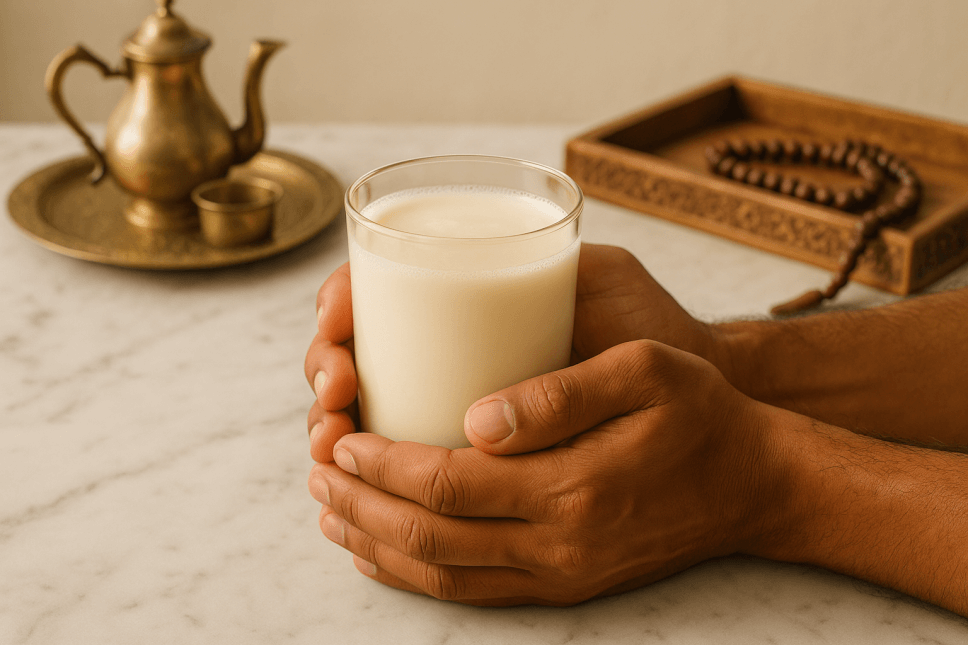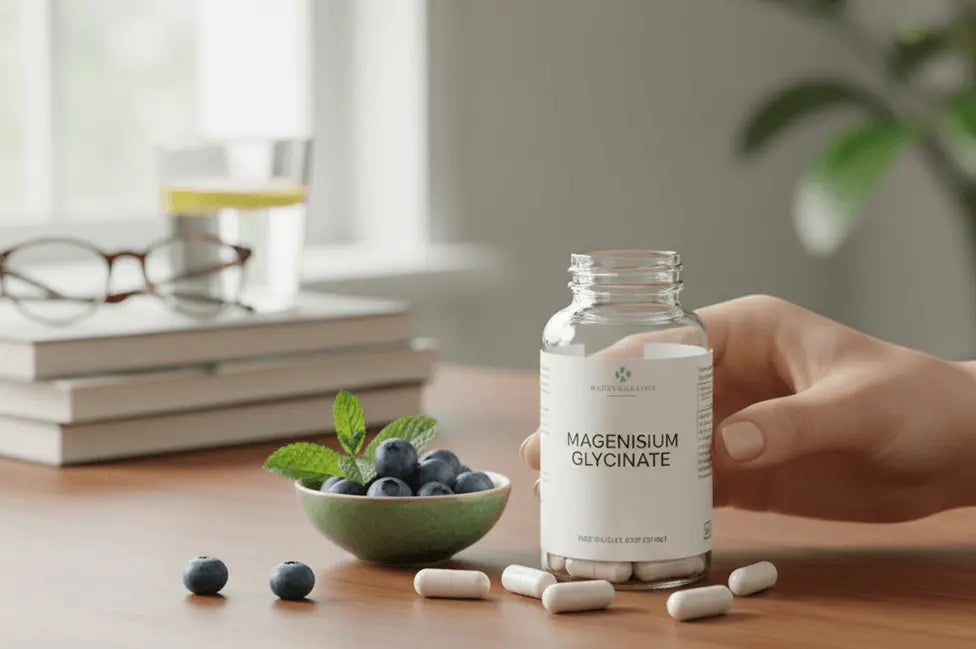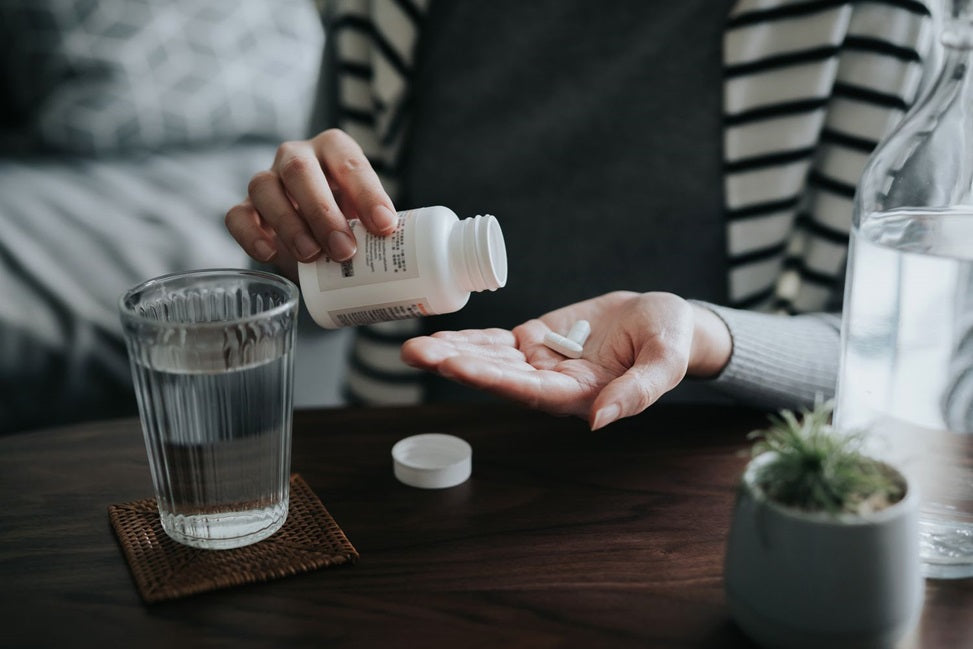
Understanding the Emotional Toll of PCOS
Introduction: PCOS Affects More Than Just Your Body
Polycystic Ovary Syndrome (PCOS) is often associated with bloating, acne, and missed periods. But behind these physical symptoms is something deeper — the emotional struggle. Many women silently battle mood swings, anxiety, depression, and low self-worth, not realizing these are core symptoms of PCOS too.
If you’ve felt overwhelmed, unusually irritable, or chronically fatigued, you’re not alone. Understanding how PCOS affects your emotional health is crucial for finding balance and building a more peaceful life. In this post, we break down the emotional effects of PCOS and offer practical, science-backed solutions to feel better from the inside out.
What Is PCOS and Why Does It Affect Mental Health?
PCOS is a hormonal condition that disrupts ovulation and metabolism. Women with PCOS have higher levels of:
-
Androgens (male hormones)
-
Insulin (due to insulin resistance)
-
Inflammatory markers
These hormonal shifts affect the brain's serotonin, dopamine, and cortisol levels — directly impacting mood and emotional resilience.
How Hormonal Imbalance Leads to Emotional Challenges
-
Low serotonin → linked to sadness, irritability, depression
-
High cortisol → increases stress, anxiety, and tension
-
Insulin resistance → causes energy crashes and fatigue
Explore more about hormone balance in Sestol by SOIS Life Sciences.
Anxiety and PCOS: A Constant Mental Battle
Studies show that women with PCOS are up to 3 times more likely to experience anxiety disorders. This can manifest as:
-
Racing thoughts
-
Worrying excessively about health or appearance
-
Panic attacks or tension
-
Social withdrawal
The cycle of bloating, acne, and mood swings can create a loop of fear and self-consciousness. Incorporating stress-adaptogen support with a PCOS-friendly supplement like Sestol can help soothe this loop naturally.
Depression and PCOS: A Silent Struggle
PCOS-related depression doesn’t always show up as sadness. Often, it feels like:
-
Loss of motivation
-
Constant fatigue
-
Feeling "numb" or emotionally detached
-
Hopelessness about your body or health
This emotional numbness is often linked to:
-
Unpredictable periods
-
Infertility fears
-
Body image issues due to weight gain or facial hair
🌿 The Hormonal Harmony Bundle helps address both physical and emotional symptoms by targeting root imbalances.
Mood Swings and Irritability: The Daily Disruptors
Irritability is more than just a bad mood — it’s often the result of estrogen and progesterone imbalances. When these hormones are out of sync, your nervous system becomes more reactive.
Common triggers:
-
Sudden drops in blood sugar
-
Lack of restful sleep
-
Hormonal crashes before a delayed period
Quick Tip: Eat small, balanced meals and include inositol, magnesium, and folic acid, found in products like Sestol Ultimate Wellness Bundle, for long-term relief.
Also check out: Importance of Folic Acid
Fatigue and Brain Fog: When Your Mind Feels ‘Off’
PCOS fatigue is not just physical — it clouds your mental clarity too. Many women describe:
-
Forgetfulness
-
Difficulty focusing
-
Lack of mental stamina
This is tied to blood sugar crashes and low energy availability in the brain.
Real-life example:
Nadia, a 29-year-old IT consultant, struggled with irritability and afternoon crashes. After two months of following a PCOS diet and adding Myo-Inositol, her clarity improved drastically.
Learn more about this in Myo-Inositol Benefits for PCOS & Fertility
Body Image and Self-Worth Issues in PCOS
Let’s be honest — facial hair, weight gain, acne, and bloating take a toll on self-confidence. Society’s beauty standards don’t make it easier. But PCOS is not your fault.
What helps:
-
Supportive communities
-
Gentle lifestyle changes over crash diets
-
Trustworthy supplements that improve both skin and cycle, like the Sestol Wellness Tro
Can a PCOS Diet Improve Emotional Well-being?
Yes! The right PCOS diet can balance hormones and mood. A well-rounded PCOS diet should include:
-
Low-glycemic foods (to stabilize insulin)
-
Healthy fats (for hormone production)
-
Anti-inflammatory foods like turmeric and leafy greens
-
Magnesium-rich foods (to ease anxiety)
Supplements help bridge the nutritional gap. Sestol PCOS Supplement contains myo-inositol and folic acid — both proven to improve mood and hormonal regulation.
FAQs: What Women Are Asking
Q: Can PCOS cause anxiety and depression?
A: Yes. Hormonal imbalance, insulin resistance, and inflammatory responses in PCOS directly affect neurotransmitters like serotonin and cortisol.
Q: Why am I always tired and moody with PCOS?
A: Chronic fatigue and mood swings are linked to insulin resistance, hormonal crashes, and low progesterone levels.
Q: How can I feel emotionally better with PCOS?
A: Start with a PCOS-friendly diet, reduce sugar, sleep well, and add supplements like Sestol for mood and hormone support.
Q: Can supplements really help with PCOS emotions?
A: Yes! Natural ingredients like myo-inositol, folic acid, and adaptogens have shown great results for emotional well-being in PCOS patients.
Conclusion: It’s Not Just In Your Head — And You’re Not Alone
The emotional effects of PCOS are real — and you deserve care, not judgment. Whether you're feeling drained, anxious, or overwhelmed by your symptoms, remember: this is a hormonal issue, not a personality flaw.
By understanding what’s happening inside your body and taking small, targeted steps, you can feel more emotionally grounded and physically balanced.
✨ Take your first step toward emotional balance with Sestol PCOS Supplement — or get full-body support with our Ultimate Wellness Bundle.




















